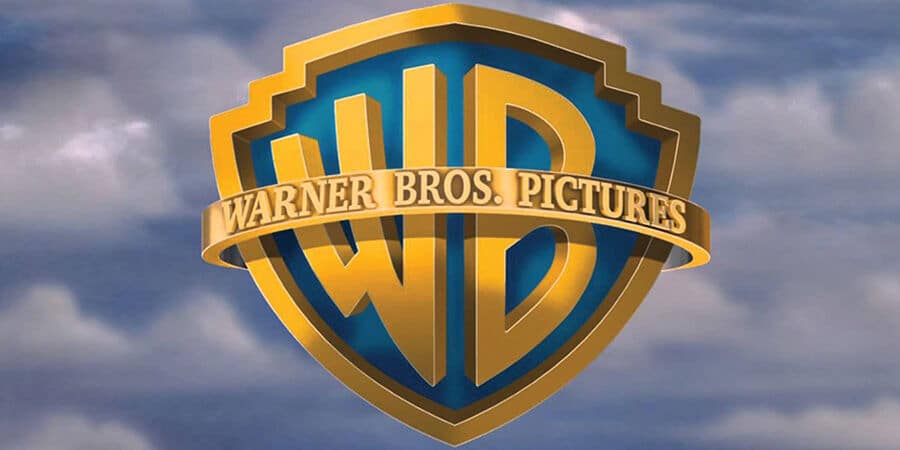With many, if not most, movie theaters gone dark, the consequences have been felt worldwide. The shutdown has affected almost every part of the industry, from tiny art theaters to giant multiplexes.
No studio, no matter how grand, has been immune. Last week, WarnerMedia began laying off more than 600 workers as theater shutdowns and streaming cut into its film and television business.
The majority of job cuts come from the famed Warner Bros. studio in beautiful downtown Burbank.
The place is known for blockbusters like the Harry Potter series, among others.
The upheaval comes amid a period of turmoil for the international company, which was acquired by telecommunications giant AT&T two years ago. There was also a big corporate shakeup one year ago.
Big-name studio honchos who were dismissed included Ron Sanders, the Warner Bros. motion pictures distribution chief; Jeffrey Schlesinger, the worldwide distribution chief; and Kim Williams, the studio’s chief financial officer.
Despite Williams’ ouster, it seems like WB was genuinely unhappy with distribution.
The COVID-19 stay-at-home orders have turned the movie biz on its head, affecting major studio releases including anticipated flicks like Christopher Nolan’s sci-fi thriller “Tenet,” and many more have been delayed.
Box office sales have gone way down.
Box office receipts this year could be down as much as a whopping 70 percent compared to last year.
In the meantime, there are hopes to release “Tenet” overseas before a hoped-for September release in the United States.
And the news gets even worse—with a cut in film production, even fewer flicks get into the industry pipeline.
Meanwhile, the company’s HBO Max has gotten off to a slow start.
HBO Max is scraping by with 4.1 million subscribers, which sounds like a lot, but in the grand scheme of things, it is not what it should be. AT&T, in the meantime, is struggling to realize the potential of its high-profile takeovers, which left the company buried in debt.
The organization spent nearly $50 billion on DirectTV, which lost more than 4 million subscribers. The woes are many, but like many Hollywood stories, WB is hoping for a happy ending.

